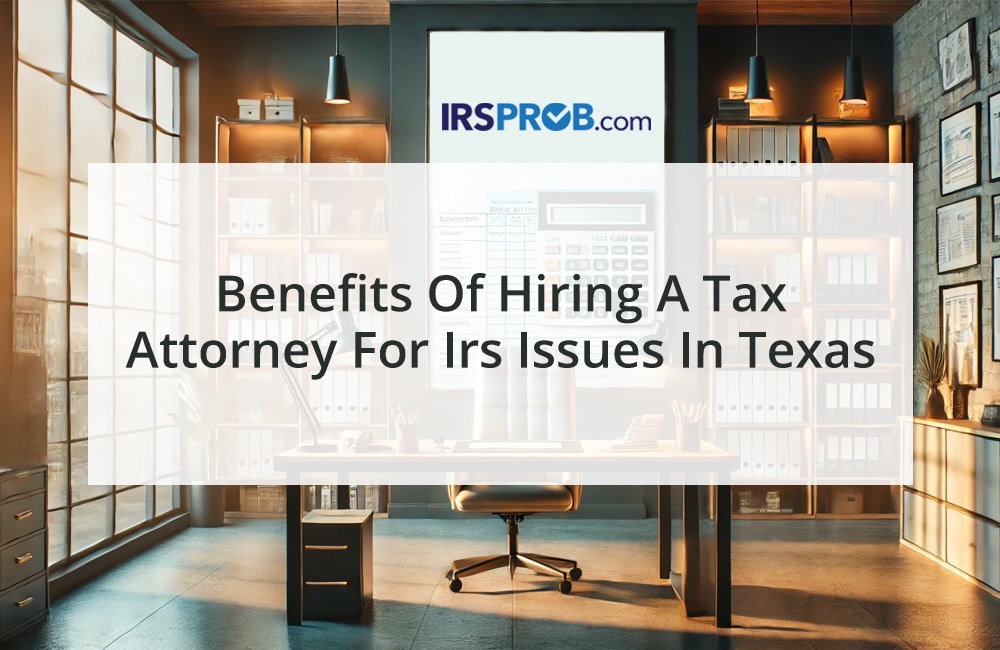
As a business owner, understanding the tax implications of all sources of income is essential for proper financial planning. One often overlooked area involves gambling winnings and losses, which can have significant tax ramifications if not handled correctly. Whether you’re engaging in casual betting or participating in lottery-style events, these earnings must be carefully reported. Here’s a detailed guide to help you navigate this process effectively.
Reporting Gambling Winnings and Losses
One of the critical aspects of gambling income is that you cannot offset your gambling winnings directly by your gambling losses. Instead, you must report the full amount of your gambling winnings as taxable income. This applies to all types of gambling, including lotteries, raffles, horse racing, and casino activities. However, you can deduct losses—but only if you itemize deductions and the losses do not exceed your reported winnings. Losses in excess of your winnings are not deductible and cannot be carried forward to future tax years.
For business owners, this may be particularly important if you engage in gambling activities as a recreational activity or as part of business events (such as corporate retreats with casino nights). All winnings need to be reported, and careful records must be kept.
Gambling Winnings as Income
The IRS considers gambling winnings as taxable income. Whether you’ve won money from a local poker tournament, a lottery, or a raffle, it’s essential to understand that these winnings count as income. Furthermore, if you win noncash prizes like cars, vacation packages, or real estate, the fair market value of these items must be included in your income for the tax year in which they were won.
For example, if you win a car in a sweepstakes with a value of $30,000, you will need to report that as taxable income, even though you did not receive the prize in cash. Business owners should consider how these types of winnings could impact their overall tax situation, especially when balancing various income streams.
Withholding and Estimated Taxes
If you have large gambling winnings, such as those from a lottery, the IRS requires income tax withholding at a flat 24% rate if your winnings exceed $5,000. This applies to any sweepstakes, wagering pool, or lottery, and the withholding applies whether your winnings are paid in cash, property, or as an annuity.
One exception to this rule is for winnings from bingo, keno, and slot machines, which are generally not subject to automatic withholding. However, if you don’t provide your Social Security Number to the payer, withholding might still occur. If you have gambling income that isn’t subject to withholding, consider making estimated tax payments to avoid penalties when filing your tax return.
Maintaining Proper Records
Recordkeeping is critical when it comes to gambling activities. The IRS expects you to maintain an accurate diary or log of your gambling winnings and losses. This diary should include:
- The date and type of gambling activity.
- The name and location of the establishment.
- The amount won or lost.
- The names of any other individuals present during the activity.
Additionally, to substantiate these entries, it is recommended that you maintain other forms of documentation such as Form W-2G (Certain Gambling Winnings), Form 5754 (Statement by Person(s) Receiving Gambling Winnings), and wagering tickets, canceled checks, or credit card statements. This will ensure that your records are adequate in case of an IRS audit or other tax-related issues.
How Can Business Owners Plan for Gambling Income?
For business owners, especially those who engage in occasional gambling or participate in company-sponsored events with gambling elements, it’s essential to factor these activities into your broader tax strategy. Proper tax planning can help avoid surprises at tax time. If you are unsure how to categorize winnings or losses, working with a tax professional is highly recommended.
Key Takeaways
- Gambling winnings must be reported as taxable income, and losses can only be deducted if they do not exceed your winnings and you itemize deductions.
- Proper documentation, including a gambling log, is required to claim losses.
- Noncash prizes like cars or vacations must be included in income at their fair market value.
- Income tax may be withheld on larger gambling winnings, and you may need to make estimated tax payments on non-withheld winnings to avoid penalties.
- Conclusion
If you’re a business owner who engages in gambling activities or offers gambling-related incentives to employees or clients, it’s crucial to stay informed of the tax implications. Keeping accurate records and understanding how winnings and losses are reported will ensure compliance with IRS regulations and help you make better financial decisions. For more detailed guidance or specific advice, consulting with a tax professional is always a smart move.
For more information or personalized tax advice, contact IRSProb.com today!








